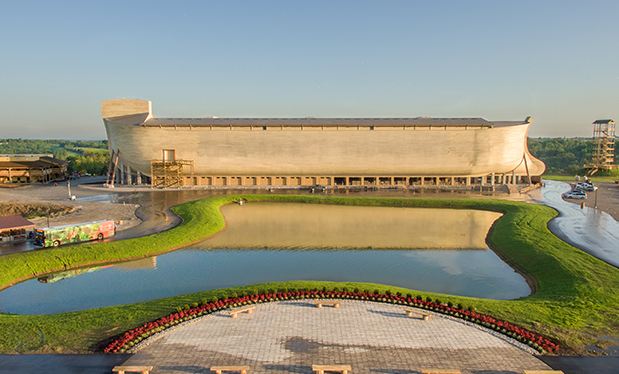When the Frenchman Alexis de Tocqueville visited the U.S. during the early 19th century, he famously wrote of the unique propensity for Americans to organize.
"Americans of all ages, all conditions, all minds constantly unite," he wrote in his book Democracy in America. "Everywhere that, at the head of a new undertaking, you see the government in France and a great lord in England, count on it that you will perceive an association in the United States."
I am, of course, prejudiced, but I'm also reminded often of the value—and power—associations have. In the U.S., we do things that in other countries, as Tocqueville noted, are left to the government.
A few years ago, NRCA was visited by the senior executives of a large Russian roofing materials manufacturing company. They wanted to understand how codes and standards are developed in the U.S. Now, that's hard enough to explain to someone in the U.S. and impossible to explain to Russians, especially through an interpreter. But we tried.
Codes and standards are developed, we said, through a consensus-based process with local autonomy. There are model building codes local or state authorities may choose to adopt or to adopt with modifications. There are building codes and energy codes, we explained, and they may be in conflict. And so on. The Russians listened carefully, and through their interpreter responded: "Yes, but who decides?" Well, it's not the minister of construction, and for that, we can be eternally grateful.
I was reminded of this when we had a group of local, state and regional roofing contractor association executives meet during NRCA's Midyear Meetings in Chicago. This group is largely unheralded in our industry, but they are the ones who do all the important work that makes the industry click.
They negotiate collective bargaining agreements; develop and deliver training programs; work with local code bodies; and help their members fight the daily battles that often spell the difference between a company's success and failure.
The relationships between a national association, such as NRCA, and local, state and regional associations are not always perfect. At the very least, we compete for the time and talents of our best members. And during the course of my NRCA career, we have had a few hiccups. But we all want to do essentially the same things: help our members succeed and enable the industry to constantly improve.
NRCA maintains relationships with these associations. Join them. Support them. Stay constantly united, as Tocqueville suggests. The roofing industry, and indeed the country, is much better for it.
Bill Good is NRCA's CEO.



